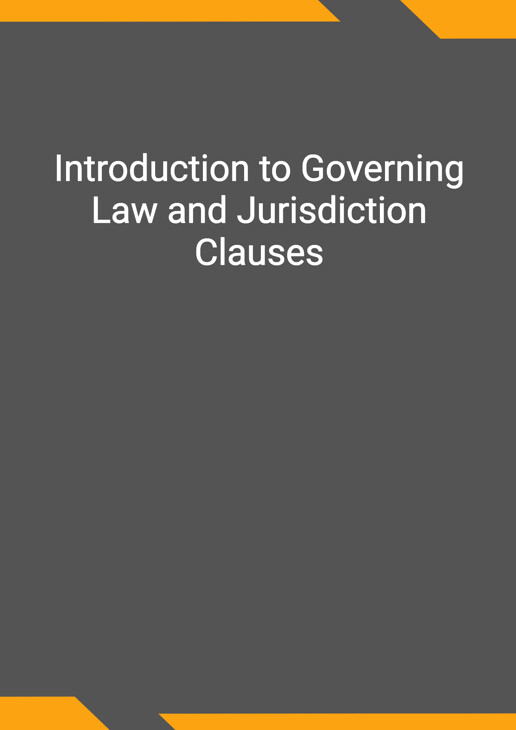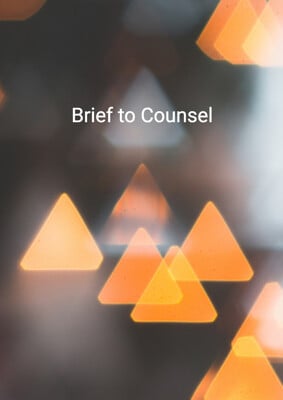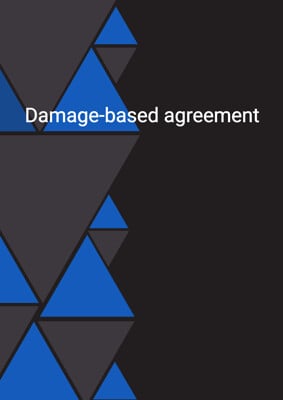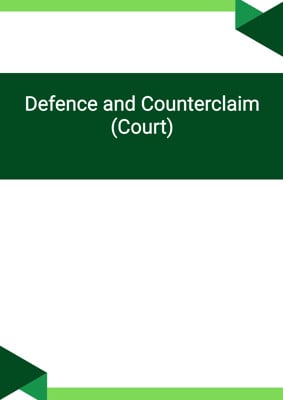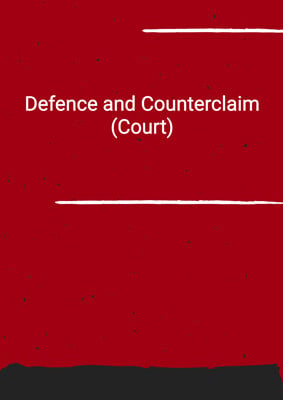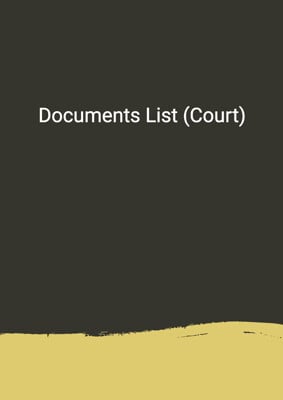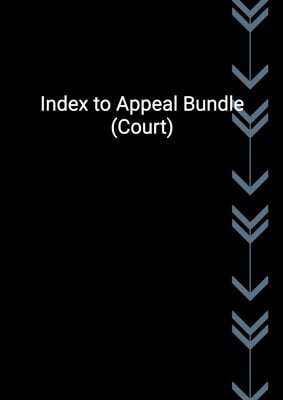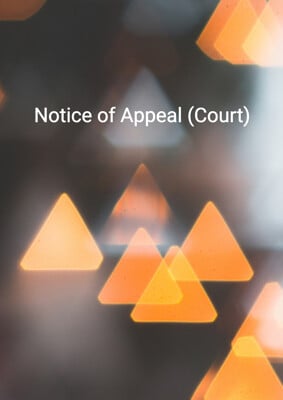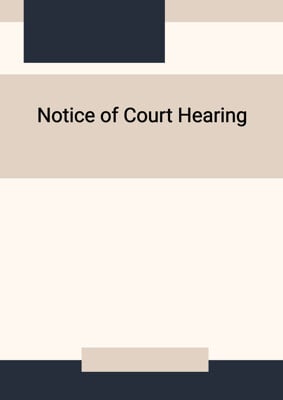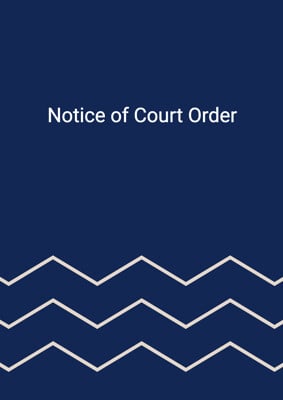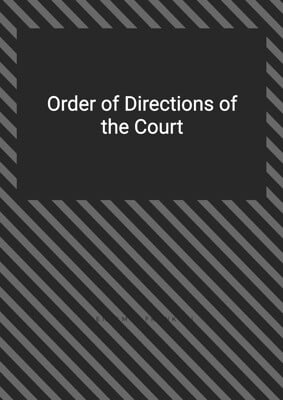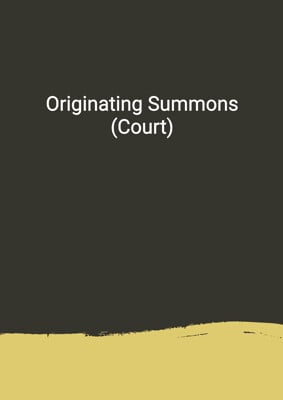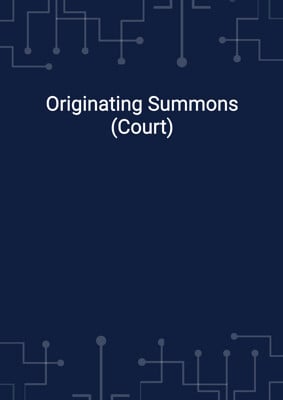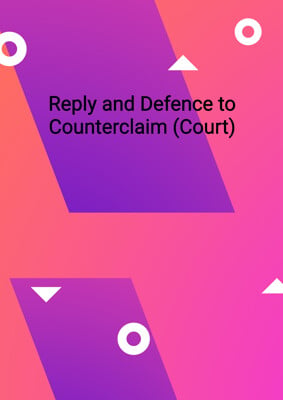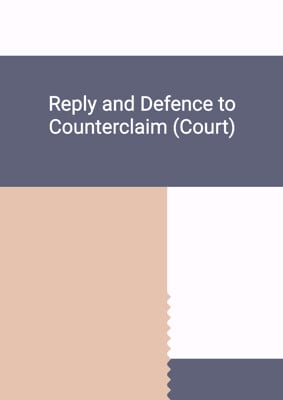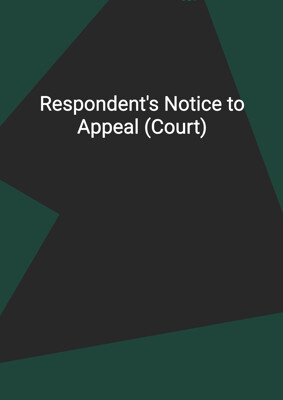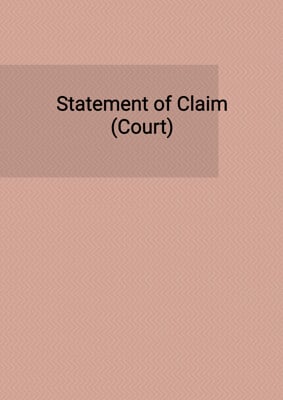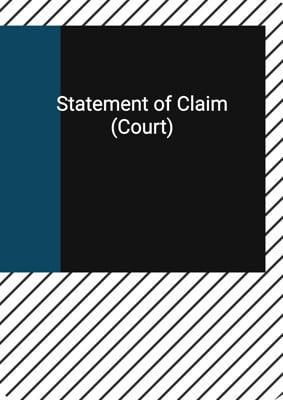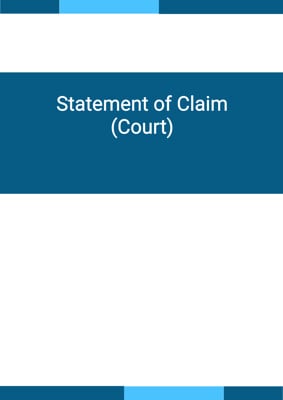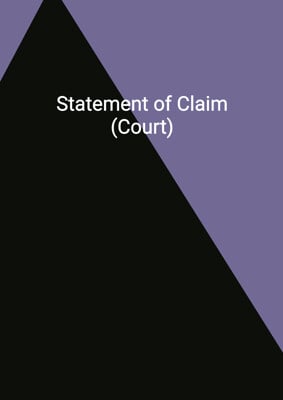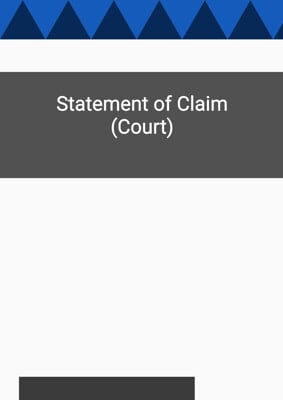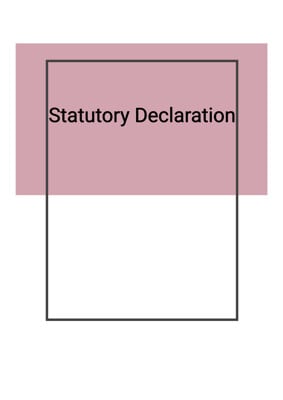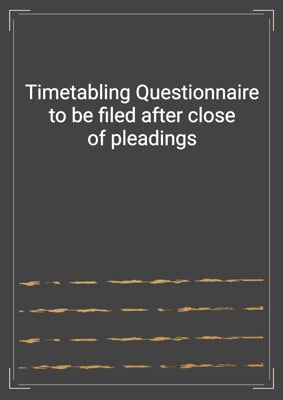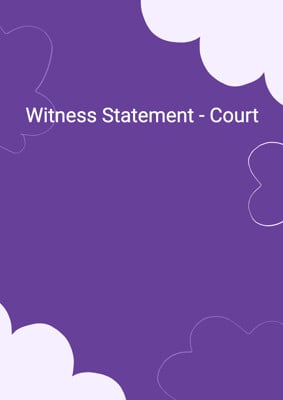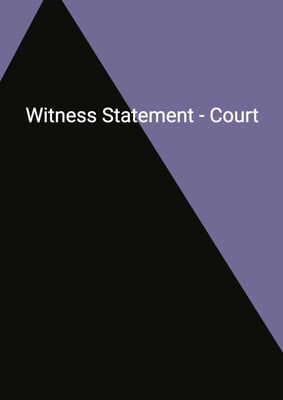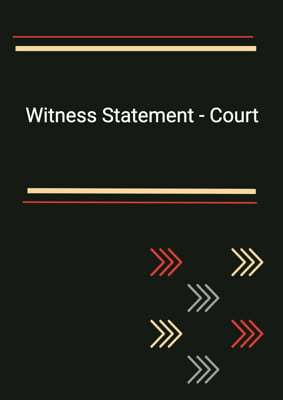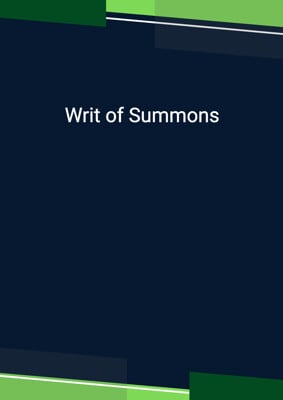How to Tailor the Document for Your Need?
01
Create Document
Click "Create Document" button and the document will be prepared with your account details automatically filled in.
02
Fill Information
Please fill in any additional information by following the step-by-step guide on the left hand side of the preview document and click the "Next" button.
03
Get Document
When you are done, click the "Get Document" button and you can download the document in Word or PDF format.
04
Review Document
Please review the document carefully and make any final modifications to ensure that the details are correct before publication / distribution.
Document Preview
Document Description
The document titled 'Introduction to Governing Law and Jurisdiction Clauses' is a guide that provides an overview of governing law, jurisdiction, and related clauses. It aims to help readers understand the questions that arise when determining which country's court will have jurisdiction over disputes and which laws will apply. The document does not provide legal advice but offers general guidance on important considerations.
The document begins by emphasizing that it is a guide and not legal advice. It highlights the importance of understanding governing law and jurisdiction clauses in agreements. The guide then proceeds to explain the purpose and significance of jurisdiction clauses, which ensure that disputes are heard by selected state courts and that the chosen law is applied. It notes that the effectiveness of such clauses depends on various complex issues.
Next, the document discusses governing law clauses, which determine the law that will apply to an agreement and any disputes arising from it. It explains that a governing law clause provides the legal principles that will be used to determine the parties' rights and obligations under the contract. However, it cautions that such clauses may not always be effective, as some courts may apply their own procedural rules regardless of the parties' choice of law.
The document also covers the importance of appointing agents for service of process in foreign jurisdictions. It explains that having an agent for service of process in the selected jurisdiction can simplify the process of serving legal documents and avoid delays and costs. Additionally, the document highlights the complexities of enforcing foreign judgments under common law and the need to consider sovereign immunity when contracting with a state or state entity.
Throughout the document, sample clauses are provided to illustrate how governing law and jurisdiction clauses can be included in agreements. These clauses cover various scenarios, such as exclusive jurisdiction, mutual non-exclusive jurisdiction, and waivers of sovereign immunity.
In summary, this document serves as a comprehensive guide to understanding governing law and jurisdiction clauses. It explains the purpose and importance of these clauses, provides sample clauses for reference, and highlights considerations related to service of process and enforcement of judgments.
How to use this document?
1. Understand the purpose: Recognize that the document is a guide and not legal advice. It provides general guidance on governing law and jurisdiction clauses in agreements.
2. Consider jurisdiction clauses: Understand that jurisdiction clauses determine which court will hear disputes and apply the chosen law. Note that the effectiveness of such clauses depends on complex issues.
3. Explore governing law clauses: Recognize that governing law clauses determine the law that will apply to an agreement and any disputes. Be aware that these clauses may not always be effective, as some courts may apply their own procedural rules.
4. Appoint agents for service of process: Understand the importance of appointing agents for service of process in foreign jurisdictions. This simplifies the process of serving legal documents and avoids delays and costs.
5. Understand enforcement of judgments: Be aware of the complexities of enforcing foreign judgments under common law. Consider seeking legal advice from the relevant jurisdiction.
6. Consider sovereign immunity: Take extra precautions when contracting with a sovereign state or state entity. Understand the principles of sovereign immunity and the exceptions that may apply.
7. Review sample clauses: Familiarize yourself with the sample clauses provided in the document. These clauses illustrate how governing law and jurisdiction clauses can be included in agreements.
8. Seek legal advice: If in doubt or facing specific circumstances, consult with a lawyer who specializes in international law or the relevant jurisdiction. They can provide tailored advice based on your specific situation.
9. Consider arbitration: Determine whether arbitration may be a better option for resolving disputes, especially if the jurisdictions of both parties fall under the New York Convention.
10. Consider local laws and procedures: Take into account the quality of the legal system, laws of procedure, and potential costs associated with suing or being sued in a chosen jurisdiction. Understand the implications of the choice of governing law and its recognition in the chosen jurisdiction.
Not the right document?
Don’t worry, we have thousands of documents for you to choose from:
